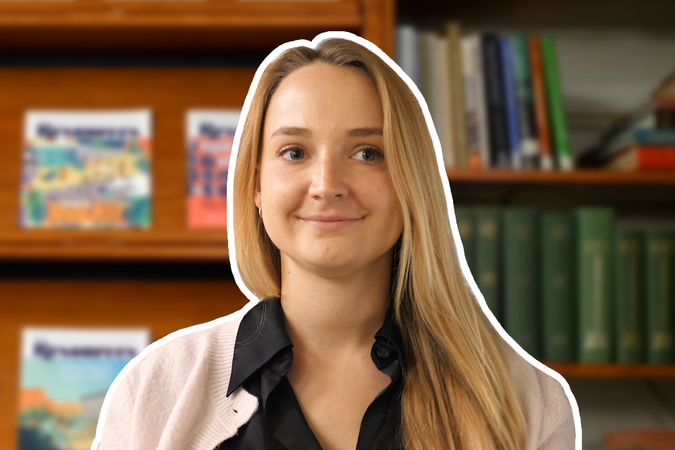When Policy Decisionmakers Meet Scientists: What Makes for Success?
WASHINGTON—Based on interviews with federal employees, a new study posted by Resources for the Future (RFF) assesses interactions between government decisionmakers and science programs. Authors James Boyd, RFF senior fellow, and Jonathan Kramer, director of interdisciplinary science at the National Socio-Environmental Synthesis Center in Annapolis, identify a range of practices that contribute to the success or failure of decision-oriented scientific input.
Among those considerations:
- Successful science–decisionmaking interactions require deliberate managerial attention to the challenges associated with communication and coordination between scientists and decisionmakers.
- Effective science–decision collaborations are associated with support from high-level policy leaders who lend their authority to the budget and personnel allocations necessary to deliberate mechanisms for interaction.
- Administrative reforms designed to improve science–decisionmaking interactions should focus on identifying, training, and rewarding science–decision “stewards” assigned the responsibility of managing collaboration between scientists and decisionmakers.
Read the new paper—Science and Environmental Decisions: A Survey of Interactions, Success and Difficulties.
Resources for the Future (RFF) is an independent, nonprofit research institution in Washington, DC. Its mission is to improve environmental, energy, and natural resource decisions through impartial economic research and policy engagement. RFF is committed to being the most widely trusted source of research insights and policy solutions leading to a healthy environment and a thriving economy.
Unless otherwise stated, the views expressed here are those of the individual authors and may differ from those of other RFF experts, its officers, or its directors. RFF does not take positions on specific legislative proposals.
For more information, please see our media resources page or contact Media Relations and Communications Manager Annie Tastet.



